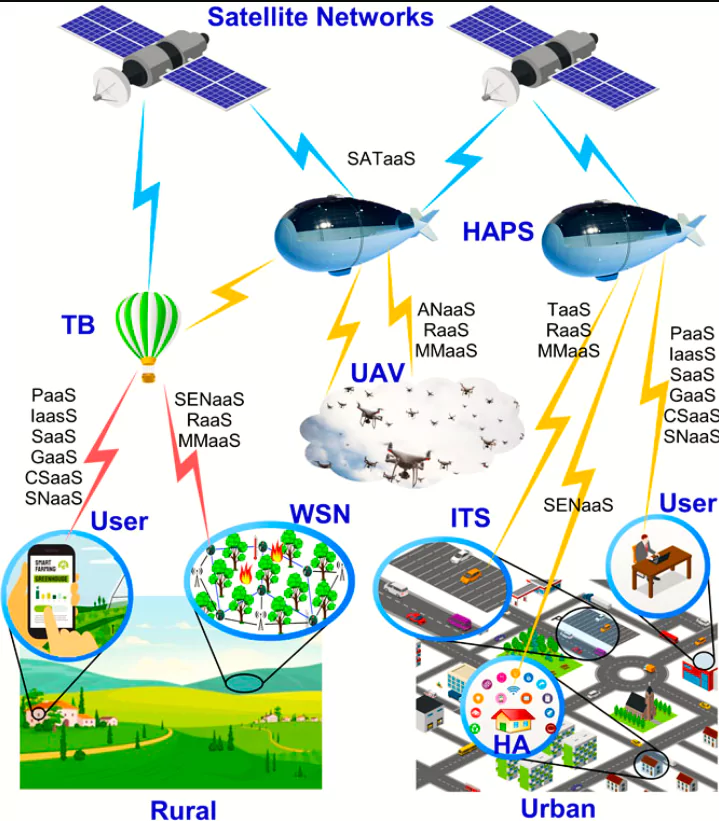![]() 10 Feb 2024
10 Feb 2024
English
हिन्दी
The National Aerospace Laboratories (NAL) completed the first test of a solar-powered “High Altitude Pseudo Satellite Vehicle”.

| Recently, Bengaluru-based NewSpace Research and Technologies, a deep-tech start-up, flew a similar solar-powered UAV, having developed the technology through the Innovation of Defence Excellence initiative of the Defence Ministry. |
|---|
News Source: Indian Express
| Must Read | |
| NCERT Notes For UPSC | UPSC Daily Current Affairs |
| UPSC Blogs | UPSC Daily Editorials |
| Daily Current Affairs Quiz | Daily Main Answer Writing |
| UPSC Mains Previous Year Papers | UPSC Test Series 2024 |
<div class="new-fform">
</div>